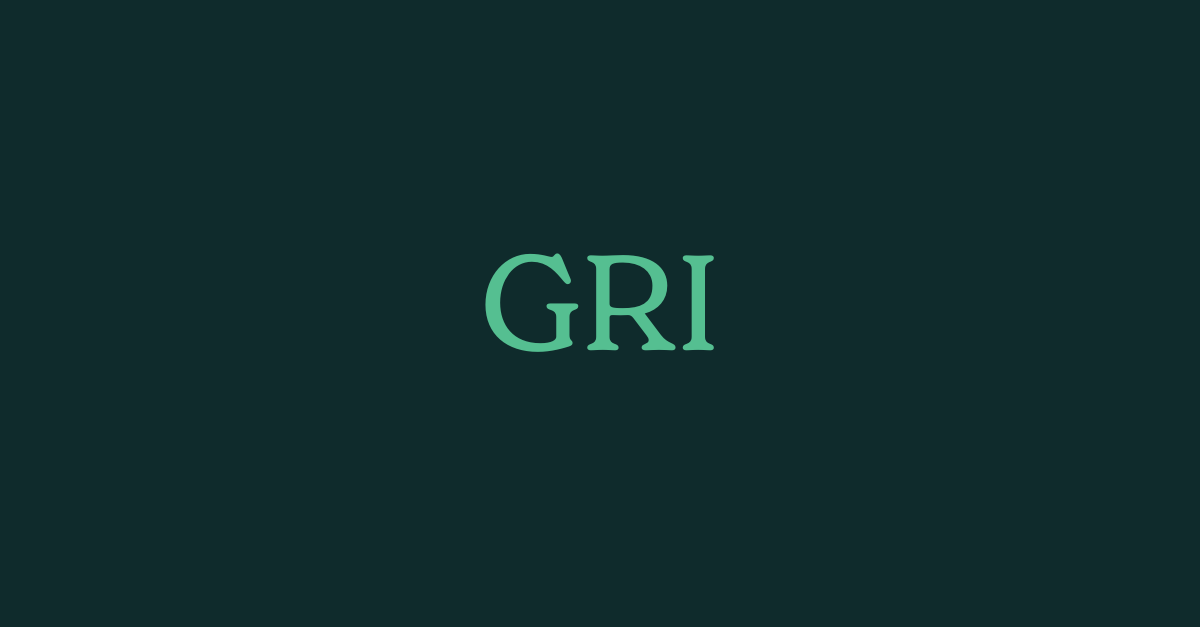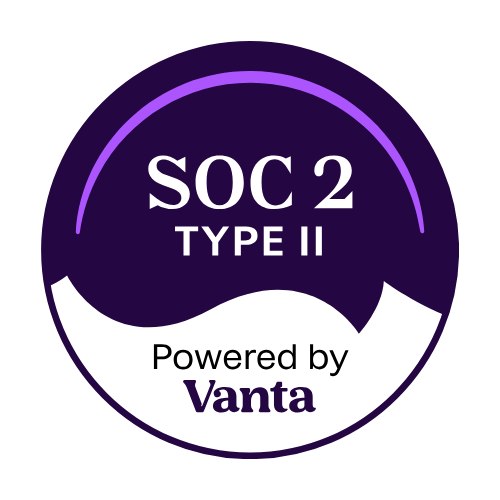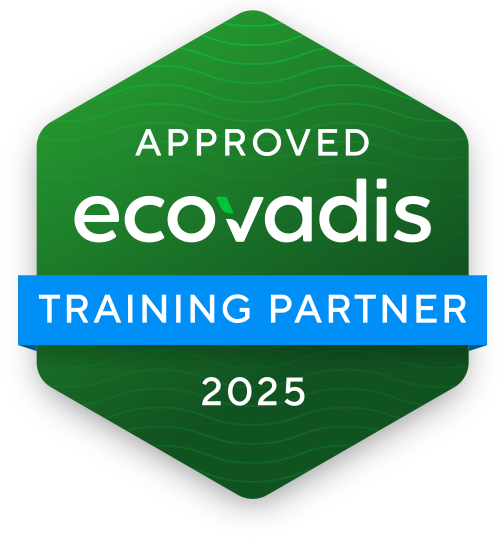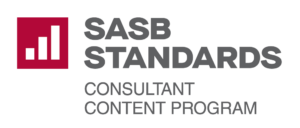Overview of KSSB
Introduced: April 2024 (KSSB Exposure Drafts No. 1 & No. 2)
Effective from: FY 2026 (large Korea Composite Stock Price Index or KOSPI companies)
Last modified: Final standards expected Q4 2024
Region(s): South Korea (regulated by Financial Services Commission, or FSC, and Korea Exchange, or KRX)
About
South Korea’s KSSB Sustainability Disclosure Standards will bring mandatory, ISSB-aligned ESG reporting to its largest publicly listed companies.
The standards replicate IFRS S1 and S2 and introduce an optional domestic annex (Standard No. 101) covering Korea-specific sustainability themes.
The phased rollout begins in FY 2026 for major KOSPI constituents with assets over KRW 2 trillion and gradually expands to all KOSPI-listed companies by 2030.
Climate transparency is central, integrating with Korea’s broader 2050 net-zero commitment and existing corporate governance reporting frameworks.
Criteria for compliance
Phase 1 (FY 2026)
KOSPI-listed companies with assets ≥ KRW 2 trillion (approx. top 100 firms)
Phase 2 (anticipated FY 2028)
Mid-cap KOSPI companies
Phase 3 (by FY 2030)
All KOSPI-listed companies
KOSDAQ firms and SMEs
Voluntary reporting (encouraged but not required)
Compliance timelines
- 2025: Voluntary early adoption pilot programs
- 2026: First mandatory reporting year for large KOSPI companies
- 2028: Mid-cap issuers expected to enter scope
- 2030: Full KOSPI coverage under mandatory KSSB standards
Disclosure requirements
IFRS S1 and S2-aligned disclosures, including:
- Governance structure and oversight of sustainability
- Strategy and climate-related scenario analysis
- Risk management processes
- Metrics and targets, including Scope 1 and 2 GHG emissions (Scope 3 required if material; up to 3 years of transitional relief may apply)
KSSB No. 101 (optional/local)
- KPIs linked to South Korea’s climate targets and ESG priorities
Key obligations
- Include KSSB sustainability disclosures in annual reports submitted via FSS DART
- Ensure board-level approval of climate-related disclosures
- Quantify all relevant emissions (Scopes 1-3 where applicable)
- Publish transition plans if claiming net-zero or carbon-reduction targets
Third-party assurance
Not required in initial years. Voluntary limited assurance increasingly common among large conglomerates (chaebol). The FSC is expected to introduce mandatory limited assurance around FY 2028 or later.
Penalties for non-compliance
- Fines from the FSC
- KRX listing rule violations can trigger public censure or suspension
- Environmental fines under Ministry of Environment (MOE) for false or omitted emissions reporting
- Investor and reputational risks for non-filers or underperformers



